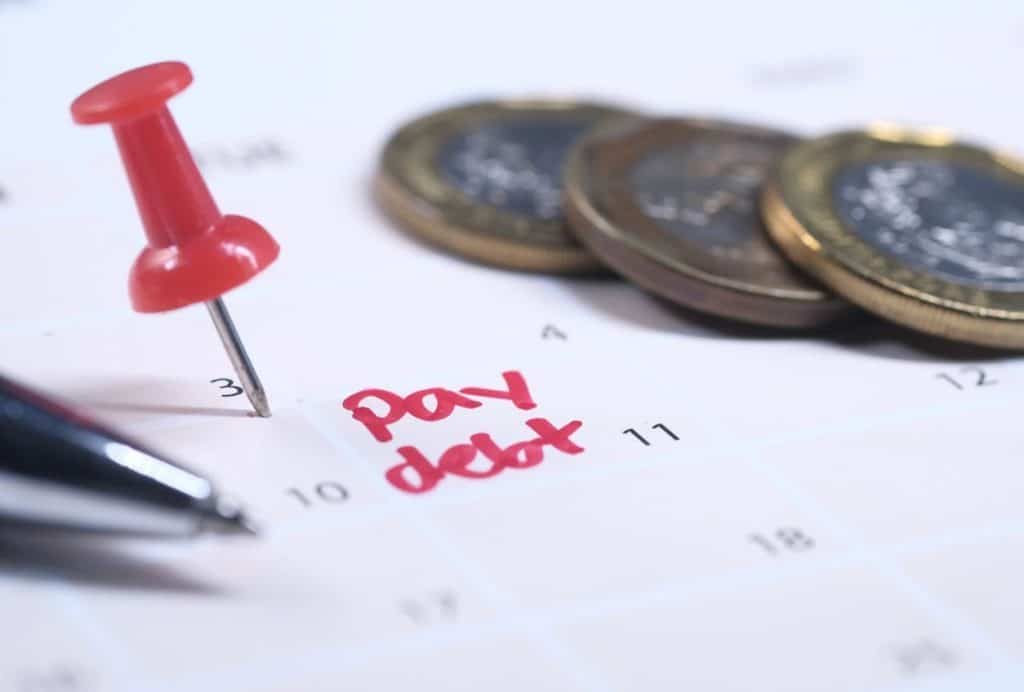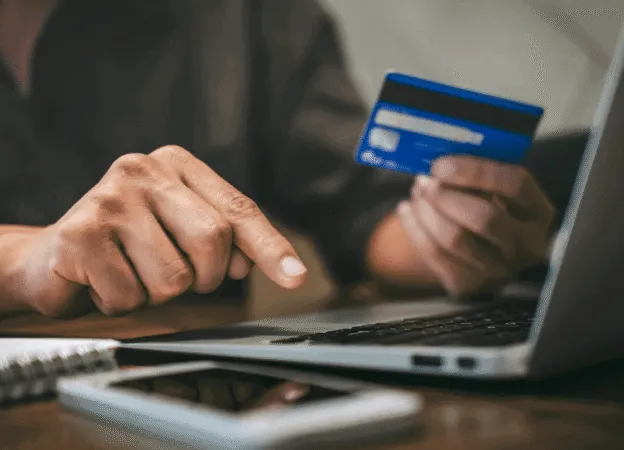Being in debt can be stressful and overwhelming, affecting your entire family. Knowing how to properly manage your household finances or create a workable plan for getting out of debt takes time and effort. But good news — you don’t have to do this alone.
With the right education and strategies, anyone can learn how to pay off their loans and get their family on track financially. In this blog post, we’ll provide the step-by-step guidance needed to equip you with tips, tools, and resources to get your family out of debt.
Table of Contents
1. Seek the Help of a Licensed Bankruptcy Trustee
Working with a licensed bankruptcy trustee is often the best choice for those struggling to get their families out of debt.
A qualified and experienced professional at FoxMiles can provide valuable advice on reducing debt, developing an effective repayment plan, and helping you understand your options for filing for bankruptcy or other forms of insolvency.
Not only will they be able to identify potential risks and liabilities associated with any financial decisions you make, but they’ll also offer guidance on creating a sustainable budget that works within your means.
When looking for a trustee, make sure to find one who is qualified and experienced — someone who can provide sound financial advice while taking your circumstances into account. Ensure that your provincial insurance covers the service and that your trustee is registered with the Office of the Superintendent of Bankruptcy Canada.
2. Make a Comprehensive List of Your Assets and Liabilities
Creating a list of all your assets (what you own) and liabilities (what you owe) can be very helpful in understanding how much debt you’re truly in. Listing all your assets and liabilities helps you identify possible areas for reducing expenses or increasing income.
The list should include everything from mortgages, car loans, credit card debt, student loan debt, unsecured lines of credit, and more. Once you’ve listed each item separately with its corresponding balance owed, you can add the totals to get an accurate picture of your total debt. This information can then be used to create a preliminary plan of action.
3. Create a Repayment Plan
Once you understand where all your money is going and how much you owe, it’s time to create a plan for getting out of debt quickly and efficiently. You can use the snowball, avalanche, or a combination of both.
The snowball method involves paying off your smallest debt first, then moving on to the next smallest debt, and so on. Starting small and working your way up can help build momentum and motivation as you see the number of debts decreases. It also frees up cash flow by eliminating minimum payments on some debts.
The avalanche method is the opposite. Start by paying off the debt with the highest interest rate first, then move down the list. By tackling your most expensive debt first, you can save much money over time in interest payments. Whichever method you choose, build an emergency fund into your plan — this will help cover unexpected expenses and ensure that you don’t fall back into debt.
4. Take Actions to Reduce Expenses and Increase Income
Reducing expenses and increasing income are essential components of any debt repayment plan. Start by identifying areas where you can cut your budget, such as canceling unnecessary subscriptions or removing items you no longer need. You should also look for ways to increase your income, such as taking on a second job or starting a side hustle.
Making small changes can add to big savings over time and could be the difference between getting out of debt quickly or struggling for years to pay off your loans. For instance, if you can free up $100 a month by reducing your expenses and allocate that sum towards paying down debt, then over 12 months, you would have saved yourself $1,200 in interest payments.
5. Use Professional Debt Management Tools
Professional debt management tools can be a great asset to help families get out of debt and stay on top of their finances. These tools offer a variety of features and benefits to aid in the process, including budgeting, tracking spending, setting up automatic payments, consolidating or transferring balances, and more. Below are a few popular platforms to consider:
- Mint – A free budgeting application that links up to all of your accounts in one place. It’s an excellent way to track where you’re spending your money and ensure nothing slips through the cracks.
- Credit Karma – A free credit monitoring service that provides personalized advice on improving your credit score.
- YNAB (You Need A Budget) – A comprehensive budgeting system that helps you create a plan for getting out of debt and staying on track.
- Debt Manager – A debt management app that tracks all your payments and balances in one place.
Having the right set of tools in place can be a huge help in getting out of debt. Not only do they provide convenience, but they also offer invaluable insights into where your money is going and how much progress you’ve made toward repaying your debt.
6. Reach Out to Professional Organizations for Help
Several organizations can assist if you’re struggling to get out of old debt. Many nonprofits and charities offer free advice on budgeting, debt management, and other resources such as credit counseling and debt restructuring services.
These organizations can help identify areas where you may be overextending yourself financially and provide strategies for getting out of debt. They can also connect you with other services like housing assistance and food banks. Reaching out for help is an important step in the debt repayment process – don’t be afraid to ask for it.
7. Seize Opportunities to Get Out of Debt Faster
Once you’ve developed a repayment plan and started to make progress, there are several ways to accelerate your progress even more. Consider taking advantage of any bonuses or windfalls that come your way, such as tax refunds or end-of-year bonuses.
These can be used as an extra payment towards debt, helping you get out of debt faster.
You should also look for opportunities to refinance or consolidate your debt. This often involves transferring existing debt into a single loan with a lower interest rate, which can save you money in the long run. Refinancing could be an option if you have good credit and qualify for a better deal than you currently have.
Finally, don’t forget to review your progress regularly – this will help you stay motivated and on track.
Every few months, take the time to tally up how much money you’ve saved in interest payments and note any milestones or accomplishments you’ve achieved. This can be incredibly encouraging as you work towards becoming debt-free.
FAQ About Getting Out of Debt
Q: How can I pay off my debt quickly?
A: One of the best ways to pay off your debt quickly is to create a plan and stick to it. Utilizing a budget, cutting expenses, increasing income, and taking advantage of professional debt management tools (such as Mint or Credit Karma) are all great ways to accelerate the process.
Q: What do I do if my debt is too overwhelming?
A: If you’re feeling overwhelmed by your debt, don’t hesitate to ask for help. Consider seeking assistance from a credit counseling organization or a non-profit specializing in debt management. They can provide guidance and resources to help you get out of debt faster and more efficiently.
Q: Are there any risks to consolidating or refinancing my debt?
A: Yes, a few potential risks are associated with consolidating or refinancing your debt. For instance, you may pay more in the long run if you choose a loan with a longer term or higher interest rate. Additionally, certain types of debt (such as student loans) may not be eligible for refinancing. It’s important to research your options and understand the risks before deciding.
Q: What are some easy ways to save money?
A: One of the easiest ways to save money is to create and stick to a budget. Monitor your spending, track your expenses, and look for areas where you can cut back or make small changes that will add up over time. Additionally, consider taking advantage of any windfalls or bonuses that come your way to pay off debt or save.
Q: What should I do if I can’t seem to get out of debt?
A: If you need help progressing your debt repayment goals, consider seeking help from a professional. A credit counselor or debt management specialist can provide personalized advice and resources to help you get out of debt faster. Many non-profit organizations offer free services to help individuals manage their debt.
Conclusion
Getting out of debt is never easy, but it is possible with the right plan and commitment.
Start by looking honestly at your finances and developing a repayment strategy that works for you. Utilize the tips and resources above to make the most of your debt repayment journey – with a little hard work, you’ll be free from debt in no time. With dedication and perseverance, you can become debt-free in no time.



